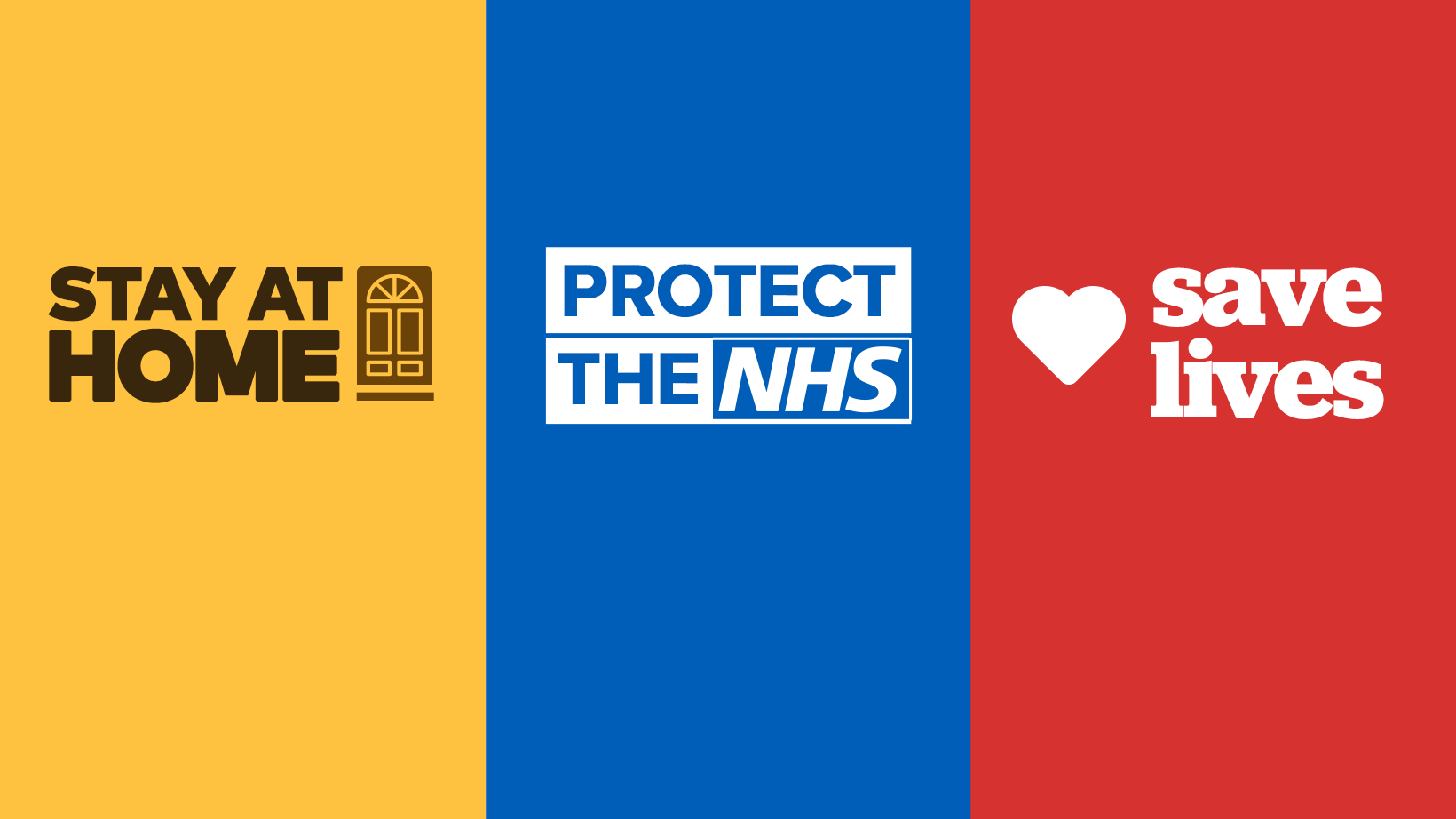By Grace Thompson
In the past few weeks, we have seen our political leaders on television more than ever before. Regular press briefings, updates to the House of Commons and more breakfast appearances and interviews than the biggest political junkie could wish for.
Even scientists have not been spared the media scrutiny of their personality antics. They have also been thrown into the public gaze in a way that is probably unusual and perhaps even uncomfortable for them. In past years, the face of the Chief Medical Officer may never have been known to the public. This year, we can all recognise him just by sight. The chirpiness of Sir Simon Stevens, the eloquence of Patrick Vallance the honest emotion of Jonathan Van-Tam are all now familiar traits.
Perhaps in a time where we have fewer interactions with our support networks and other people in general, it is somehow comforting to relate, in some way, to the frequent personalities on our screens, even if those methods of relating aren’t always positive! Just as our closest friends and family members get on our nerves from time to time, so we have our favourite political and authority figures who we admire or the ones we may even love to laugh at.
Surely there is no coincidence that in a year that has caused political advisers and super-forecasters to catch the attention of the media like never before, we have also seen the return of the iconic Spitting Image show, gobbling up new material in their hands with greed.
In what now seems like an age ago, Theresa May defied past prime ministerial trends by pushing away the show glitzy, cozy-up-to-me PM style of Cameron and Blair. The limelight wasn’t natural to her, so heading up the history-making negotiations of a country leaving the European Union probably wasn’t the best match. Boris Johnson, on the other hand, loves the limelight but probably didn’t bargain for having quite as much airtime as he has had to experience in the past few months, and with very little good news to deliver.
Trust in our leaders currently requires frequent interaction, even if only virtual, but it requires even more than that. Research is being carried out as to why it seems that many female leaders of countries experiencing Covid have handled the pandemic particularly well. Fierce critics of Nicola Sturgeon, for example, suddenly see a new side to her and praise her sensible decisions and incisive timing. Jacinda Adern sees New Zealand successfully drop to 0 recorded cases and ‘does a little dance’ in her living room to celebrate.
I don’t think anyone who heard Matt Hancock’s voice shake as he spoke of losing his step-grandfather to Covid could doubt his determination to fight it. Authority can be better followed when those in authority are also seen to be as human as the rest of us. Our leaders, after all, are not immortals in ivory towers, they are flesh and blood who can be infected with viruses as easily as the next person and who can love and lose as we all do. So perhaps, in a time when the best and worst of our humanity is entangling simultaneously, what we need is to see the authentic human side of our leaders on the screen.
Grace Thompson




